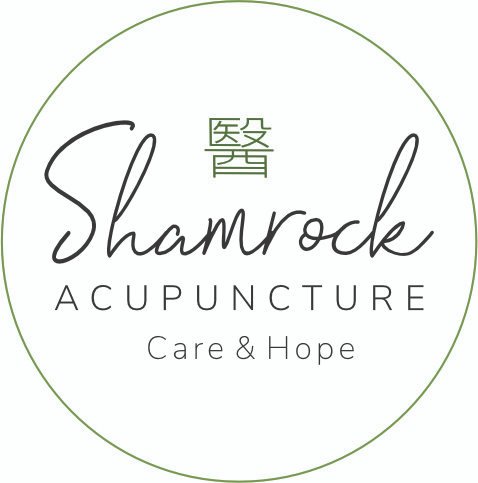From the climate where it grows to how it’s processed and stored, coffee is highly susceptible to mold, specifically mycotoxins—harmful substances released by mold and fungi. Imagine your barista asking, “Would you like some carcinogenic mycotoxins with that?” Sounds absurd, right? Yet, it’s a real concern worth exploring.
Years ago, Dr. Ni, through extensive clinical observation, discovered a troubling trend: long-term coffee consumption appeared to correlate with cases of liver cancer and pancreatic cancer. Dr. Ni issued warnings to his students and online readers about these potential risks. However, some researchers and scholars have since argued that no scientific studies link coffee to these cancers, dismissing his observations as alarmist and baseless.
So, why the discrepancy?
With a scientific mindset, we must remain open to all perspectives. Clinical practitioners, like Dr. Ni, observe correlations over numerous cases, while researchers rely on studies that may not yet capture all variables. One key question remains: what might we be overlooking about coffee, from its ingredients to long-term consumption habits?
The Hidden Risks of Long-Stored Coffee
To delve deeper, we should examine those most familiar with coffee: expert enthusiasts, coffee bean roasters, and people who prepare coffee daily.
True coffee aficionados will tell you: freshness matters. Coffee beans are best consumed within two to three weeks of roasting. Beyond that, they develop a sour taste and, more importantly, begin to deteriorate. Roasters confirm this—after roasting, coffee beans undergo chemical changes, and over time, these changes can lead to the production of harmful substances. The longer the beans are stored, the greater the potential risk to health.
Consider how coffee is often stored:
- Offices: Many companies purchase bulk coffee that’s roasted or ground months, even years, prior to consumption.
- Chain coffee shops: Due to global logistics, beans roasted in Central or South America may take months to reach customers.
- At home: Do you know when your coffee beans were roasted? What about coffee capsules?
The reality is that many people unknowingly consume coffee made from deteriorated beans. While occasional consumption may have minimal impact, long-term exposure to deteriorated coffee could contribute to health issues, potentially supporting Dr. Ni’s observations.
A Call for Further Research
If we want to fully understand the risks, researchers should investigate the timeline between coffee bean roasting and consumption among regular coffee drinkers. They should also examine the health effects of consuming long-stored coffee. Furthermore, past studies on coffee’s health impacts should be reviewed to determine whether they used freshly roasted or long-stored beans, as this could significantly influence results.
Dr. Ni Haixia based his warnings on decades of clinical observations, noting a pattern of liver and pancreatic cancers among habitual coffee drinkers. While he may not have conducted specific studies on coffee’s composition, dismissing his findings without deeper investigation is unscientific and irresponsible.
It’s like choosing between a decorated military academy graduate who’s never seen combat and a battle-hardened sergeant who has survived dozens of wars. Who would you trust to guide you through a battlefield?
